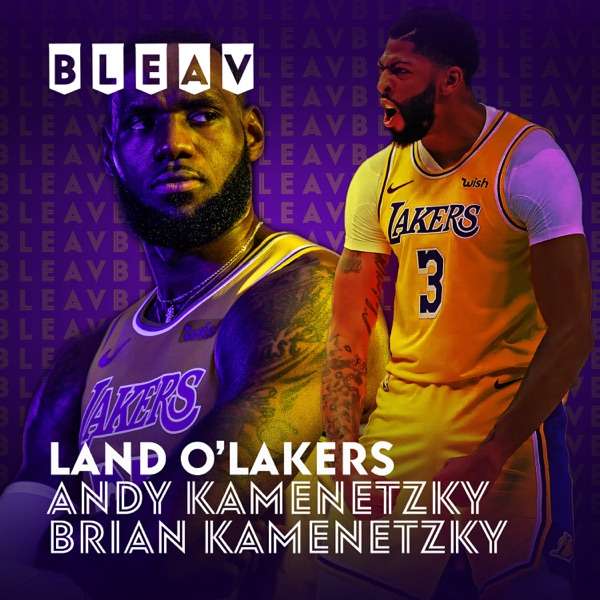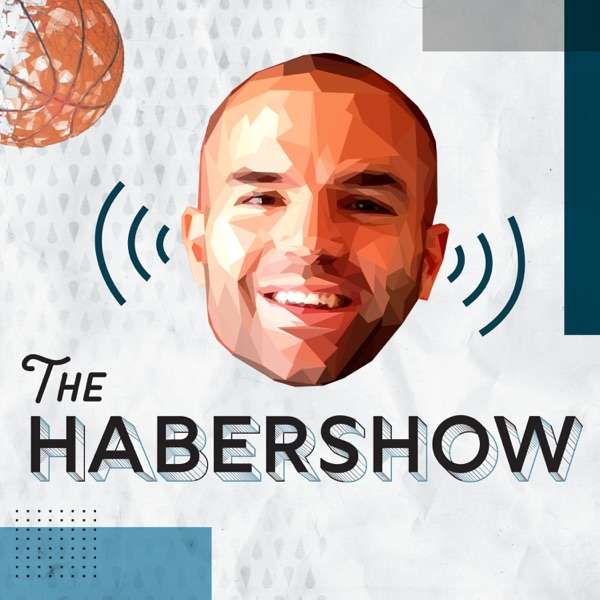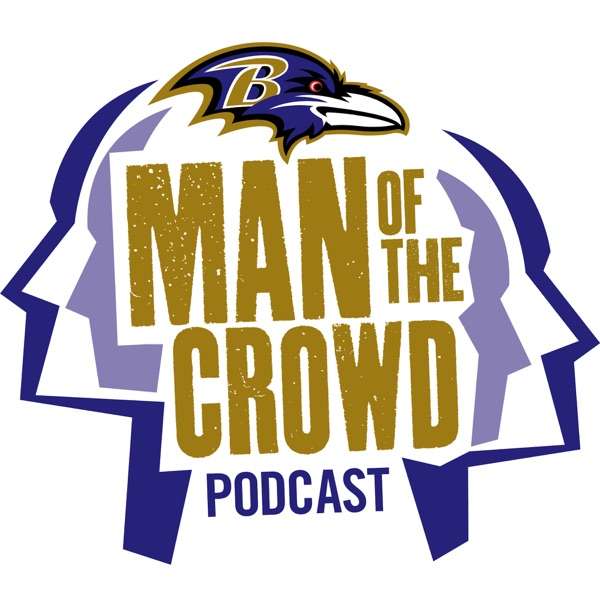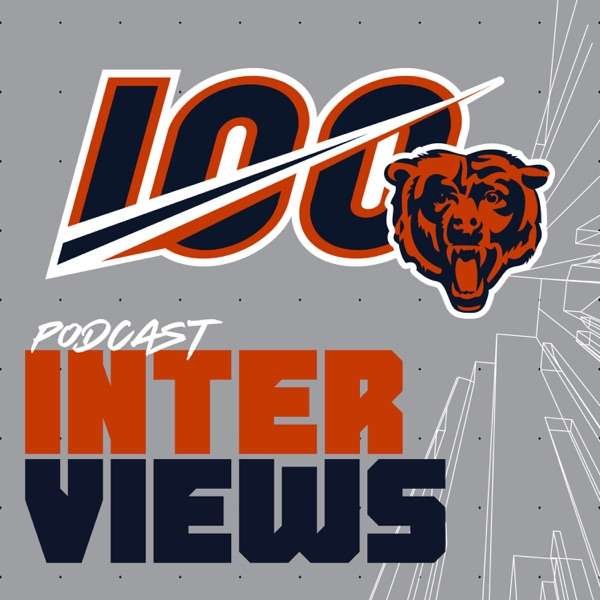Phil Dalhausser stands, hands on his hips, shaking his head.
“That,” he says, “looks so boring.”
He’s watching a young man play volleyball by himself, tossing a ball, hitting it line, tossing another, hitting a cut, tossing another, hitting a high angle. Over and over and over, nearly two hours on end.
Many of the passerby on the Manhattan Beach Pier that day could have reasonably concluded one of a few things: the guy was either bored, as Dalhausser suggested, had no friends to play with, or was just borderline crazy.
There was, however, a fourth option.
Tri Bourne was actually having the time of his life.
Weeks later, Bourne is in Bear Valley, California. He skipped out of AVP San Francisco early. It’s tough to be around the sport you once dominated, watching others who had never beaten you win titles you’re sure would be yours for the taking. So he’s visiting his sister, Kai, and his nieces and nephew instead.
They’re barefoot minions, those three, ages two, four and six, charging around the forest, biking down hills, rumbling through creeks and swimming in the lake nearby. It’s suggested that they’re already addicted to exercise, and it’s also pointed out that it’s not the worst addiction to have.
Bourne purses his lips, looks down.
“It is,” he says, “when the one thing you can’t do, is exercise.”
***
This is not a comeback story. No, no. That’s not how Bourne views it, and it’s not how he’d like you to view it, either. This is a reinvention, a rebirth, though not of the holy sort. Tri Bourne isn’t returning to the AVP Tour, to beach volleyball, the same person he was when he and John Hyden finished second in the world rankings in 2016.
He’s coming back as Tri Bourne 2.0. More well-rounded. A different person with a different perspective. A mindset that goes far deeper than pass, set, hit. A skill set that is relevant east of the Pacific Coast Highway, too.
Weeks before the onset of the 2017 season, Bourne and Hyden were registered to play the Fort Lauderdale Major. Bourne was still on the heels of ankle surgery, but all seemed fine. His mobility was good enough, jump felt no different, cardio was up to his world-class standard.
Except there was something going on with his hands. He’d block a ball and his hands would sting and throb, eventually swelling to the point that he wore mitts at practice. He thought it was carpal tunnel syndrome, where the hands experience tingling and numbness from a pinched nerve.
He got it checked out. The doctors didn’t know what it was, just that it was not carpal tunnel. Neither did the next doctors. Nor the next. It wouldn’t be until Bourne went to the University of Utah, site of the United States Olympic Committee’s medical center, that he would receive a diagnosis.
It wasn’t carpal tunnel syndrome, the doctors confirmed. It was an autoimmune disease, something called myositis, which means, generally speaking, inflammation of the muscles that you use to move your body.
It means Kryptnonite to the boy who grew up paddling, surfing, canoeing, playing volleyball, basketball, hiking – “just charging,” as he would put it.
The boy whose life was, to that point, based on movement, was no longer allowed to move.
“Basically,” he said, “I just had to shut it down.”
Friends began to see changes in him. He wasn’t quite the same. Something was off. Because of course something was off. Bourne’s entire life, entire existence, had been flipped upside down and inside out.
“You know when it’s raining and you have to sit in the house all day?” he said. “Yeah, that was me, every day. It was basically that. That’s what it was like. Everyone who knows me knows I’m pretty damn ADD. I come from a family that’s pretty much addicted to working out, that’s definitely a thing. Yeah, man, it’s intense. That’s why I had to go internal with everything because it was a lot, it was getting to be too much. It was, uh, it sucked. It sucked for a while, because I still had that drive, coming out of the Olympic qualifier, and my ego was just huge, I was ready to be the top guy in the U.S.
“I was still ready to work hard, but what could I do? It was ‘Do nothing.’”
He couldn’t surf, so he would body-surf occasionally, until his heart rate went too high and he’d have to sit back down. He couldn’t play volleyball, and watching film was almost as tortuous as blocking with the mitts. He couldn’t eat, well, anything. Anything that could potentially inflame his muscles – dairy, gluten, alcohol, just about everything not named broccoli, rice, and organic chicken breasts – was removed from his diet. The snacks in his pantry shifted spectacularly, from chips and salsa to dry-roasted peanuts and pumpkin seeds. His weight plummeted, nearly going south of 170 pounds.
“It was definitely one of the tougher things to see someone go through,” Trevor Crabb, Bourne’s partner for AVP Manhattan, said. “You can’t imagine missing out on a whole year and a half of your job and your love. Seeing him last year, when it first started, basically his muscles in his arms were as skinny as my legs. It was crazy just to see how his body changed so drastically.”
It was, for an athlete who had competed in 13 different countries in a single year and took a bronze at the World Tour Finals, rock bottom.
But that’s the thing about rock bottom.
The only direction you can go is up.
***
It began with the livestream. The AVP was expanding its coverage to Facebook live on stadium court. Bourne was asked if he might want to commentate. Seeing as he didn’t have anything else going on, sure, he could do that. It was an easy way to stay relevant and involved in the game, while expanding his skill set as a human being.
What he discovered was that, while he may have been a little rough around the edges in terms of live commentating – considering he had never once done the job and had precisely zero training prior to his debut in New York of 2017, he did, objectively speaking, an excellent job – he found he quite liked talking about the sport.
Later that year, he teamed up with a journalist and launched his own podcast, SANDCAST: Beach Volleyball with Tri Bourne and Travis Mewhirter, which has since become a popular listen among the beach volleyball community, to the point that Bourne is now lightly chided about being the podcast guy rather than one of the world’s most formidable players.
While his old identity as an elite athlete was one he missed, to be sure, it was also fun to learn, expand, grow. He began reading, picking up books on everything from Georges St. Pierre’s memoir to one titled “Becoming Supernatural,” which details, per the book description, “that we have the capacity to tune in to frequencies beyond our material world and receive more orderly coherent streams of consciousness and energy; that we can intentionally change our brain chemistry to initiate profoundly mystical transcendental experiences; and how, if we do this enough times, we can develop the skill of creating a more efficient, balanced, healthy body, a more unlimited mind, and greater access to the realms of spiritual truth.”
Right. No book was off limits. He even wrote a forward for one, to be published later this year.
When Bourne was going to come back, he wasn’t going to return the same player or man he was. He was going to be something entirely new. His skill set continued to expand, enrolling in hosting classes to taking on a meditation challenge in which he had to meditate 45 minutes a day.
The kid who couldn’t stop moving? Meditating 45 minutes a day?
“Eventually I got the hang of it. It naturally progressed, and I don’t have that deep anxious feeling where my heart rate’s going up from being anxious just to do something,” he said. “It’s good.”
The time for sitting and thinking is, to the delight of the beach volleyball world, over. Weeks ago, Bourne was cleared by his doctors to begin exercising again. Just light stuff. Nothing serious. But this is Bourne we’re talking about. He got in the gym, then in the sand. He felt fine, fine enough to register for FIVBs in Moscow and Vienna.
He nearly pulled the trigger on Hermosa but decided against it. He had just begun a new treatment – “half great white shark, half puma stem cells,” he likes to joke – and didn’t know how his body would react.
The initial plan was to wait for Hawaii, the AVP’s final, invitation-only stop of the year. But still: This is Bourne. He couldn’t help himself. He texted Crabb, his best friend since the days of the Outrigger Canoe Club in Honolulu, Hawaii.
“It would be fun,” Bourne said in a text.
That was all Crabb needed.
He was in.
They were in. Tri Bourne was back on the beach.
“I was bored as hell this past year and a half,” Bourne said. “Trevor was the one friend who came over the most and spent the most time with me, and I was pretty boring, because I couldn’t do the activities we normally do. He’d just sit on the couch with me and just be dumb.”
Because sometimes, being dumb is the best rehab a doctor could prescribe.
They do not expect to win Manhattan, despite the last three Manhattan finals featuring one of them every year. Making a Sunday would be an accomplishment. It could be a long-term partnership or just a fun experiment, a welcome back party.
It’ll likely be emotional, hearing his name called. His wife, Gabby, is already prepping for the inevitable waterworks to come.
But when the first ball is served, the past year and a half is finished, done with, over. It may be a new Tri Bourne coming back to the beach, but he’s still here, he said, “to slay the dragons.”

 Our TOPPODCAST Picks
Our TOPPODCAST Picks  Stay Connected
Stay Connected






